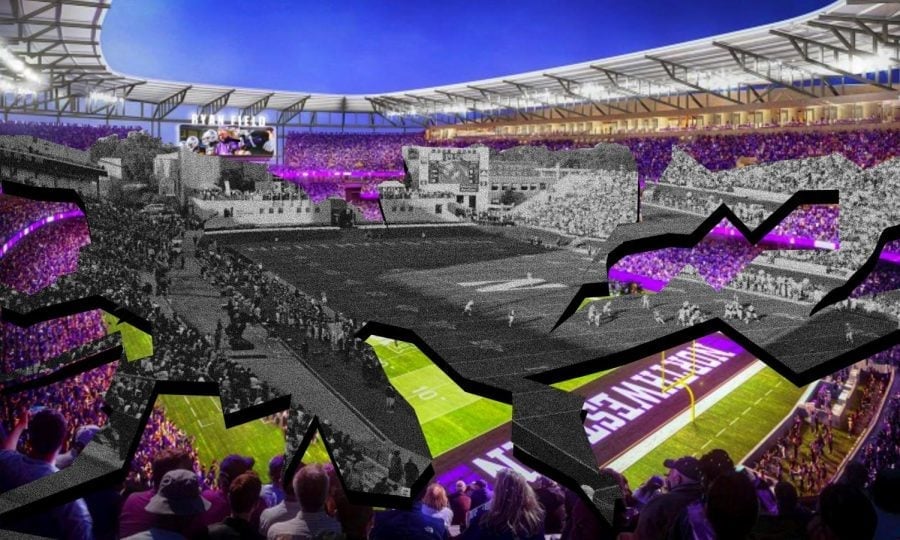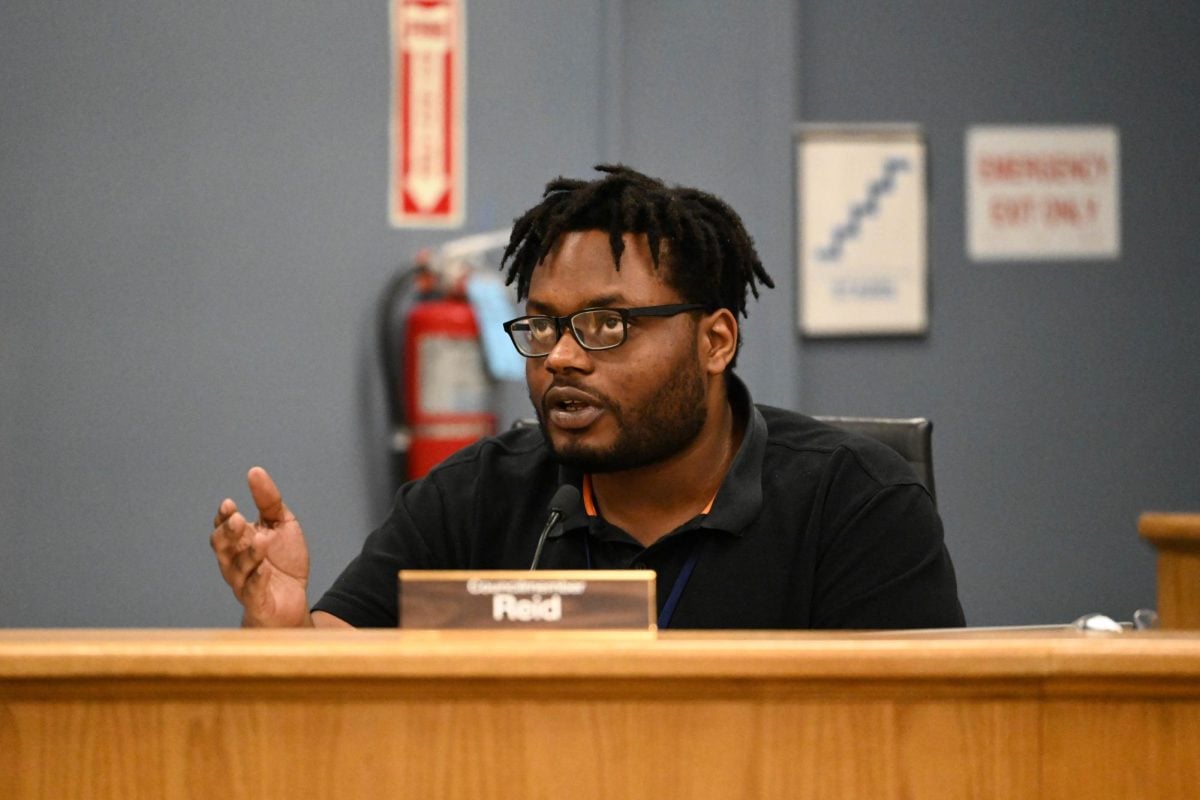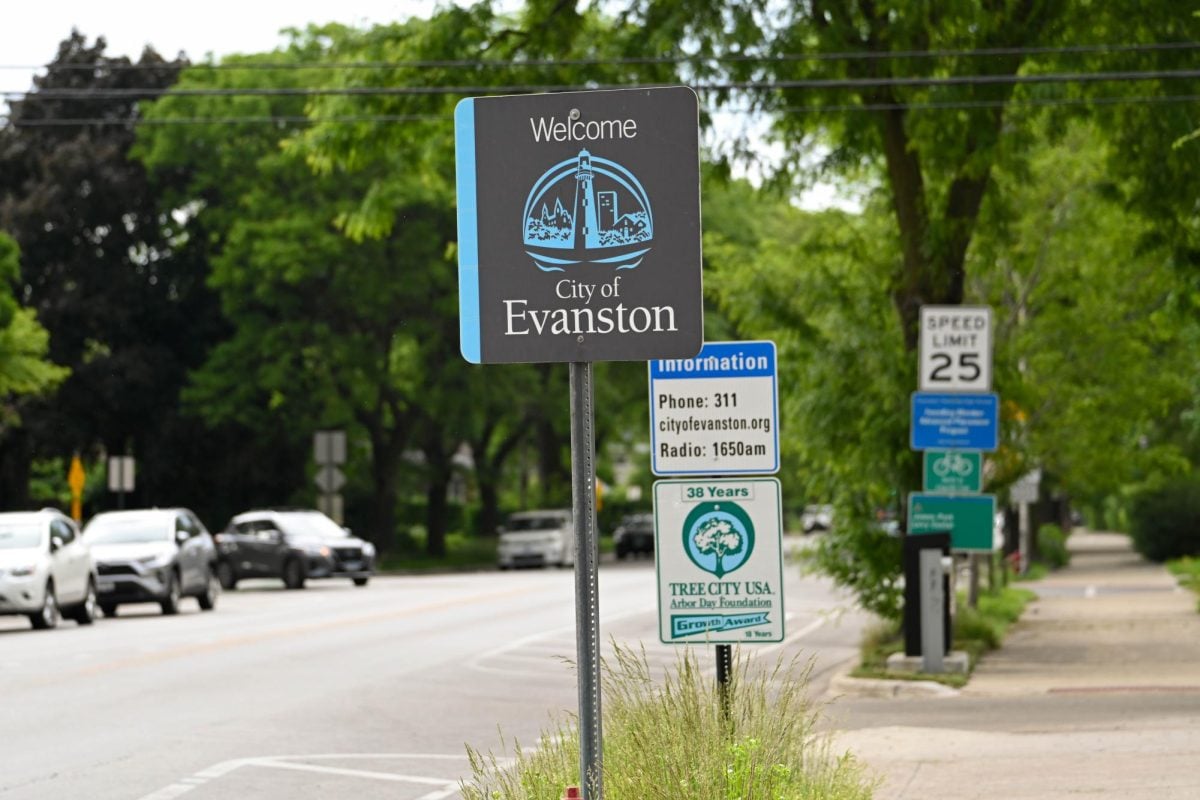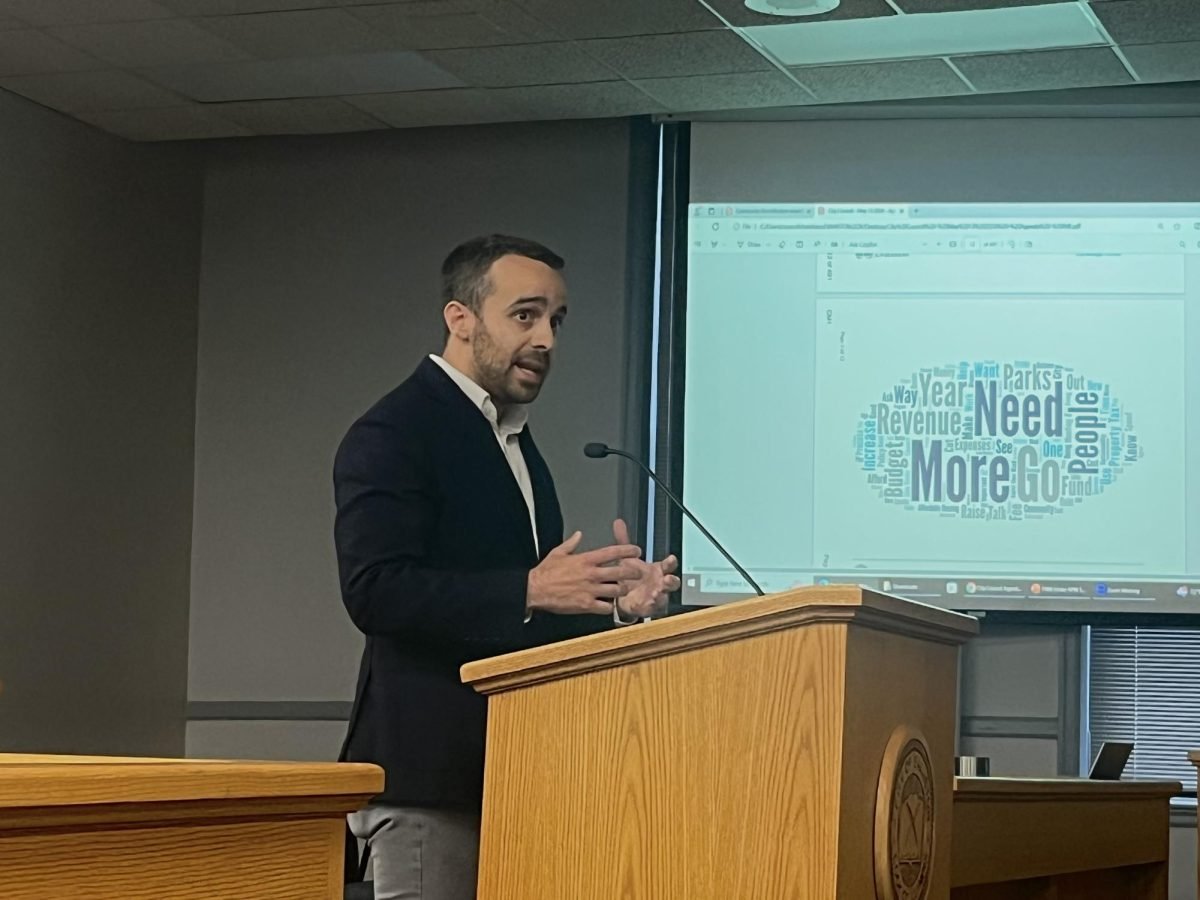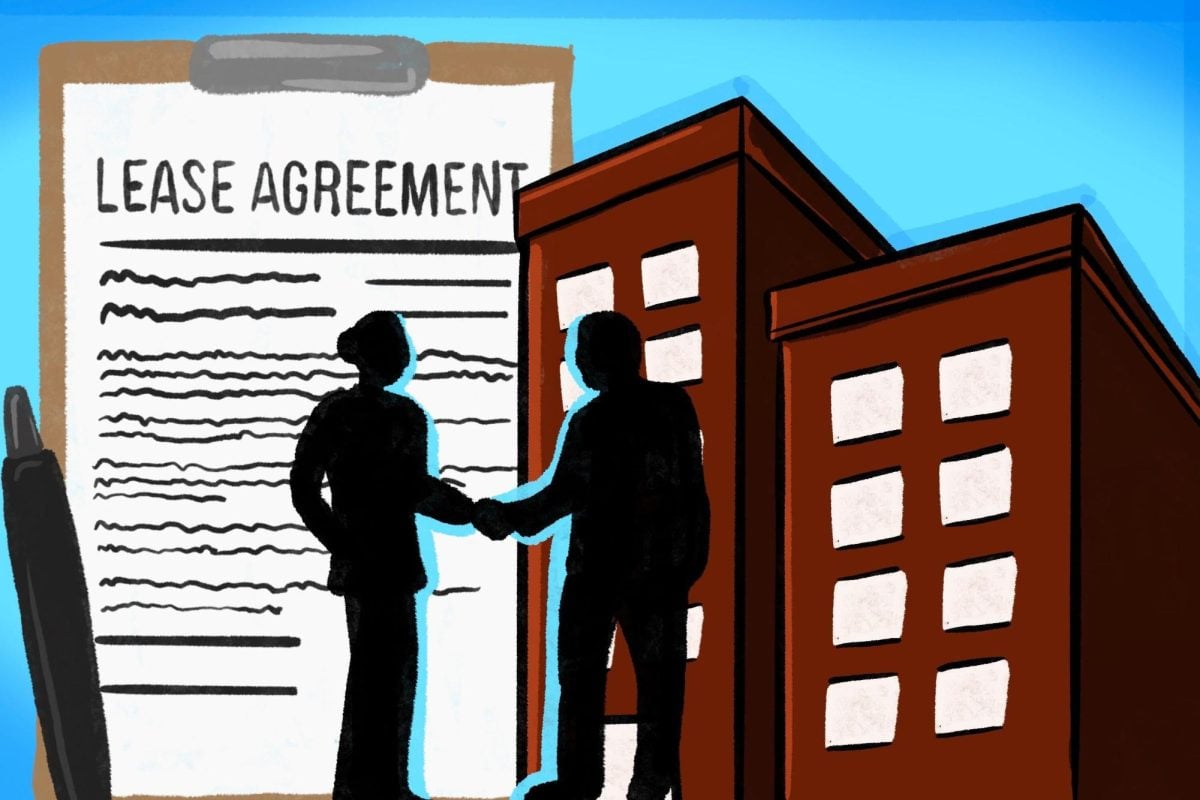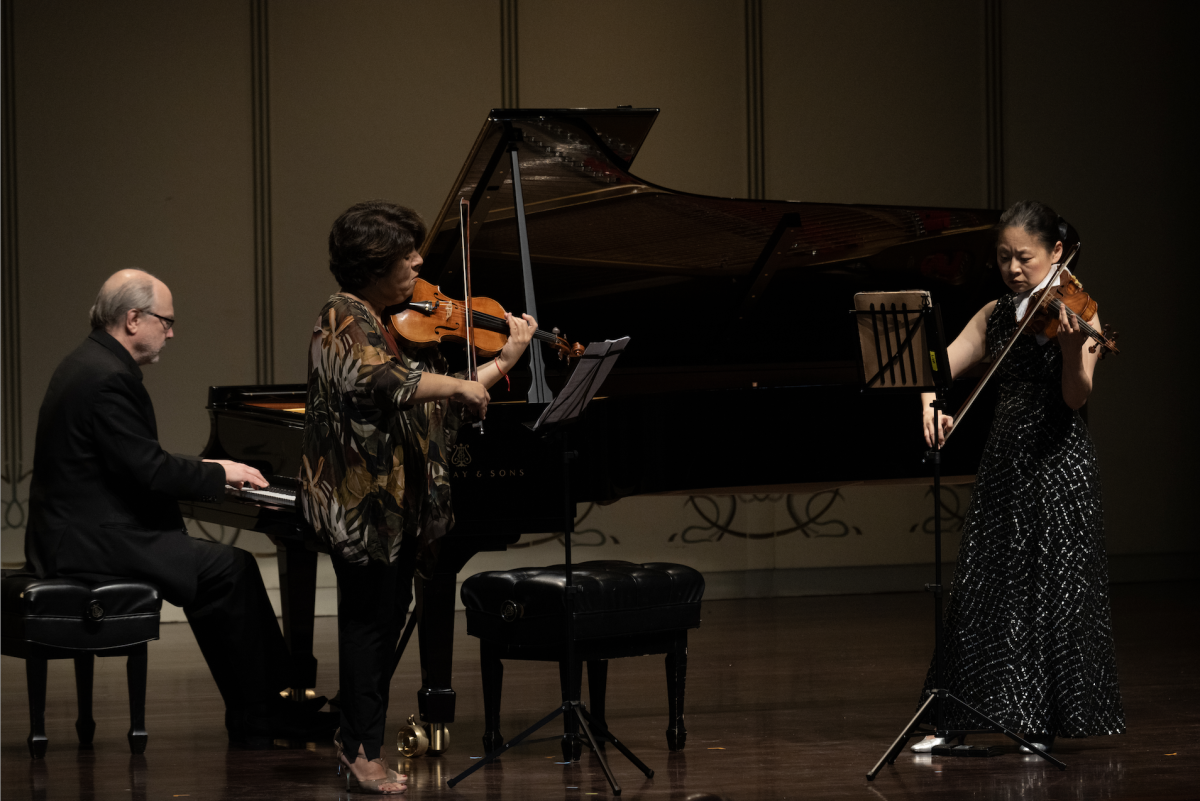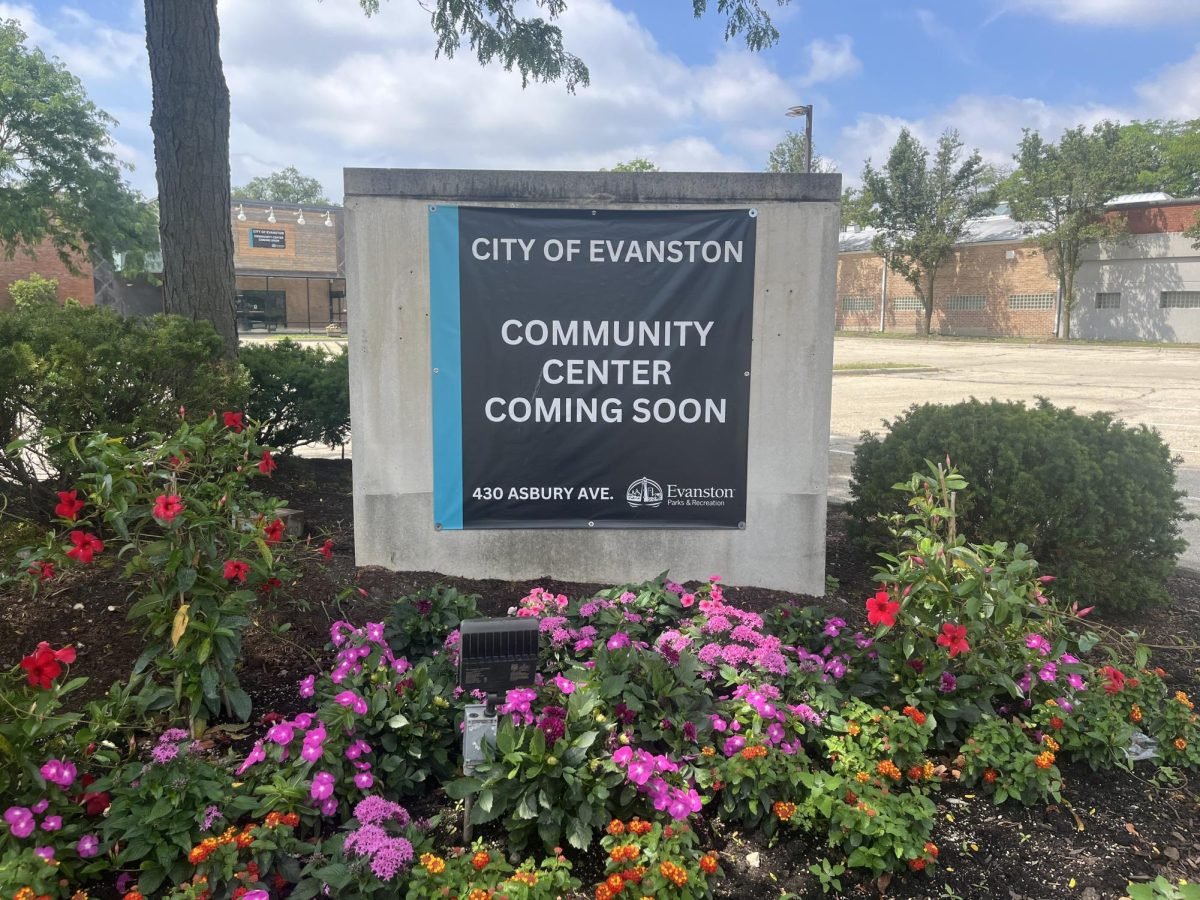After months of debate, City Council approved Northwestern’s plans to rebuild Ryan Field and host concerts at the new stadium during a special meeting Monday night.
The council voted 6-2 to approve the rebuild of the stadium, but split on two ordinances: one that would rezone the area and allow for NU to hold public-facing concerts at the stadium – a contentious debate – and another authorizing City Manager Luke Stowe to sign a memorandum of understanding between NU and Evanston. Councilmembers were divided 4-4 over these two ordinances, with Mayor Daniel Biss voting in favor to break the tie and advance the University’s plans.
The council approved the three ordinances after tabling them during its Nov. 13 meeting. During both the Monday and Nov. 13 meetings, debates centered around the third ordinance, in which NU pledged to contribute $150 million to the city over a 15-year period.
Ultimately, four councilmembers and the mayor approved the two most controversial ordinances, citing the economic benefits that Ryan Field and its corresponding community benefits agreement could bring to the city.
“Sometimes you disagree with me. Sometimes I disagree,” Ald. Devon Reid (8th) said to Ald. Eleanor Revelle (7th), whose ward encompasses Ryan Field. “But I do appreciate the work you have put in to make this…what I see as the best possible deal.”
The approval follows months of tension between the city, its residents and the University. Since the University announced the Ryan Field rebuild plan in September 2022, it has faced criticism from Evanston residents and NU students alike. They have voiced concerns about the project ― ranging from traffic congestion to noise pollution to the permanence of the zoning changes.
NU faculty members have also questioned how the University plans to pay the stadium’s $800 million price tag outside of a $480 million donation from the Ryan family. The school recently said the Ryan family had “significantly increased” their gift but declined to release a specific number.
The community benefits agreement is the latest chapter in negotiations around Ryan Field, and became the central battle as the Ryan Field proposal neared the finish line. Some Evanston residents called for an increase in benefits paid by NU to the city.
The University released its proposed community benefits agreement Oct. 30 — just before the first City Council meeting that discussed the rebuild — and released its revised version again Nov. 11.
According to the contract adopted Monday, NU will contribute at least $150 million over the next 15 years to city initiatives ― five years longer than included in its original proposal. These payments come in exchange for the “perpetual” maintenance of the zoning changes allowing concerts.
“This project has been, and always will be, about more than just a stadium. It’s about enriching our community and creating a legacy of unity and progress,” NU’s neighborhood liaison Dave Davis said in a news release shortly after the vote. “Now, as we move forward, our focus is on healing, uniting and working collaboratively toward the betterment of our beloved Evanston community.”
At Monday’s meeting, some advocates said they still have reservations about the most recent benefits agreement. During public comment, several people argued that if the zoning changes would be in perpetuity, so too should NU’s payments to Evanston.
“A fair deal always feels like both sides have to hurt a little. So who is hurting?” asked resident Charlie Stone during public comment. “We know that Evanston will hurt year 16 when frankly the benefits end — they should go for the lifetime of the stadium…So how is NU hurting in this deal?”
Some councilmembers agreed with this sentiment.
“To those of you who are proud of your negotiation on (the contract), good for you,” Ald. Thomas Suffredin (6th) said. “But you didn’t do your main job, which was to make this last as long as the stadium.”
But, City Council largely contested the contract on different grounds, arguing over how best to preserve recourse for the city should it want to reverse zoning changes down the line.
The debate centered on a clause in the community benefits agreement that allows the University to amend or eliminate benefits if the city places “unreasonable restraints” on its ability to host concerts. The current language, Reid argued, preserves the city’s flexibility to adapt to future concerns.
“What is reasonable or unreasonable today will not be what is reasonable or unreasonable five, 10 years from now,” he said.
However, other members of the council asked to specifically define what can be considered reasonable, with Alds. Clare Kelly (1st) and Suffredin moving to strike the reasonableness clause from the contract.
Institutional goals, too, can change, Suffredin said. Four years ago, Northwestern said that it wouldn’t host concerts at Ryan Field. At Monday’s meeting, Suffredin pressed NU’s executive director of neighborhood and community relations Dave Davis on what would keep the University from changing its mind in the future.
“The institution’s goal changed,” Suffredin said. “Doesn’t that demonstrate why these things need to be locked in, because institutional goals can change, donors can change?”
Kelly and Suffredin’s motion ultimately failed 2-6.
Though much of the concern from community members has centered around how the new field will impact 7th Ward residents, Ald. Krissie Harris (2nd) urged the council to look at the project’s potential impacts citywide.
She said historically, marginalized communities in the 5th and 2nd Wards have shouldered burdens for the greater good of the city, pointing to the 5th Ward’s waste transfer facility. Harris says that it’s the 7th Ward’s turn to face some burdens to benefit the larger Evanston community.
“When you tell me — in a privileged place — that you don’t want to hear noise,” Harris said. “I don’t want to smell garbage.”
Email: [email protected]
Twitter: @charcole27
Related Stories:
— Ahead of final Ryan Field vote, residents, city officials remain divided over rezoning
— Residents frustrated that ‘five folks with a vote’ intend to approve NU’s MOU











